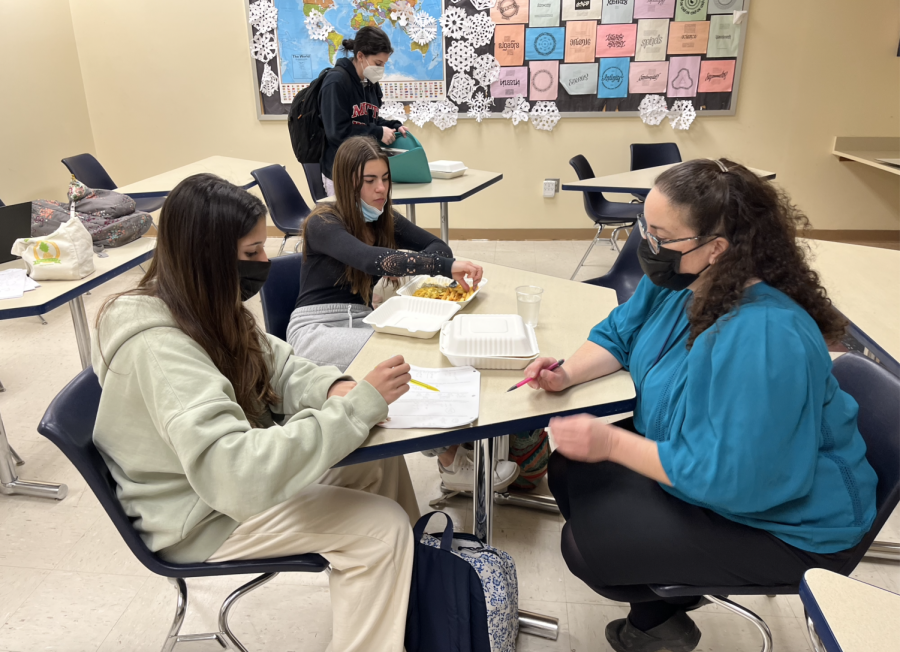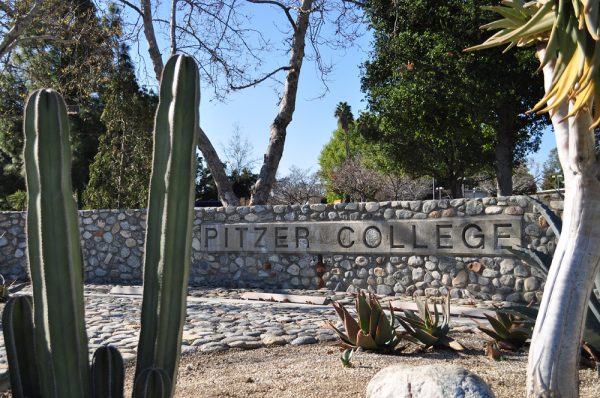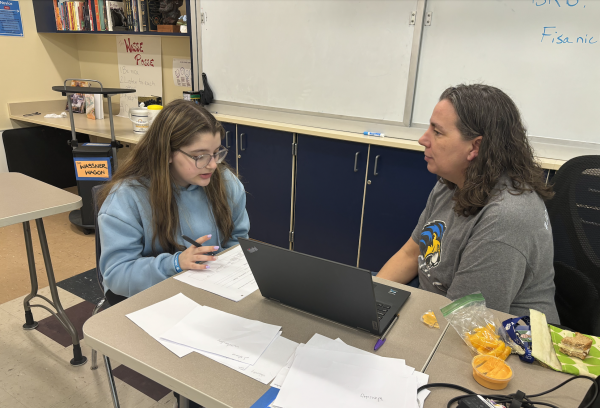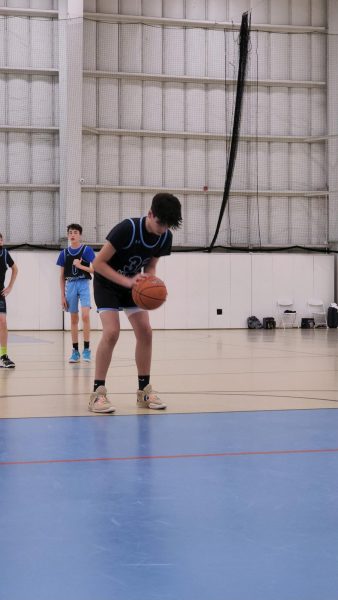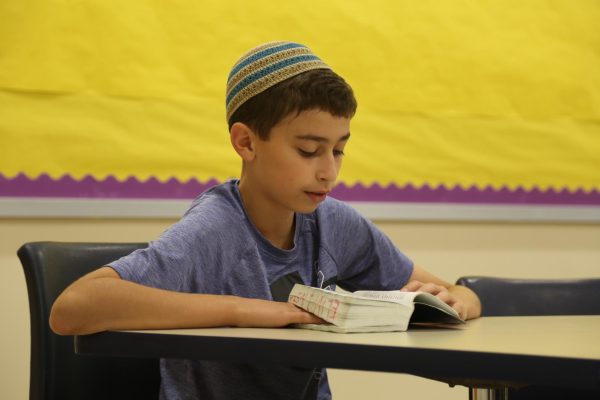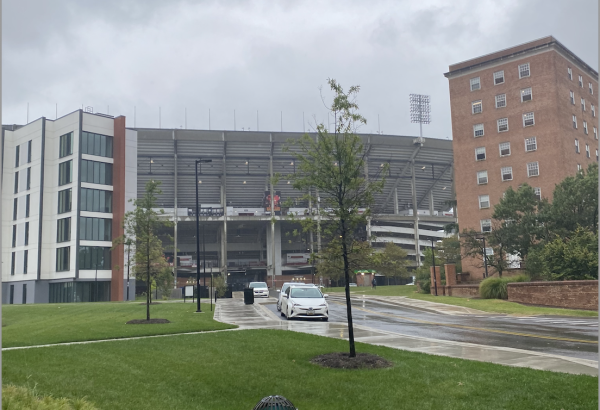Opinion: Tutoring is important yet unfair
JDS offers math lab during lunch to students who need extra help.
February 3, 2022
At the beginning of the year, I was struggling with both my reading comprehension skills and my computer programming class. No matter how hard I tried, it seemed like I wasn’t making any progress. However, I was fortunate enough to get an out-of-school tutor for these subjects, which drastically improved my understanding of the content. My success in these classes can be accredited to my private tutor, but many students do not have that same opportunity.
For example, let’s say students A and B are in the same math class. They both need tutoring and student A pays $50 a session, three times a week for tutoring. Student B cannot afford a tutor, so they just try their best in class without outside help, even though they are struggling.
When it’s time for the test, student A receives an 87% on the test, while student B receives a 68%. Student B had the potential to earn a higher score on the test, but they couldn’t afford the hefty cost of $150 of tutoring a week. Students who cannot afford tutoring are at a clear disadvantage.
A study from the U.S. Department of Education revealed that over half a million students drop out of high school each year because they are failing their classes or don’t feel that they are getting enough academic support. The study also found that wealthier schools are more likely to provide academic tutoring, whereas schools that struggle financially usually do not offer the same aid.
In addition, other studies from the U.S. Department of Education show that students in wealthier areas tend to perform better on standardized testing as they are more likely to be able to afford tutors. In the same vein, students from underprivileged areas tend to do worse. Grades and standardized tests are key factors in the college admissions process, and we are lucky that CESJDS offers many resources such as peer tutoring and office hours.
A recent survey of the JDS community showed that out of 36 responses, 8.3% of the students reported having peer tutoring, and 19.4% of students pay over $50 an hour for tutoring. Also, 27% of those students had tutors for math. Math Department Chair Reuban Silberman recognizes this fact and the necessity of math tutors for the JDS community.
“A lot of colleges say that math determines if students are smart, so unfortunately there’s a lot more pressure in math,” Silberman said.
Silberman said that JDS offers alternatives such as a math lab during lunch, and students also have the option to pay for support outside of school. While JDS has in-school tutoring programs that are available to everyone, students who can afford out-of-school tutors are at an advantage over the students who cannot.
Even though peer tutoring is available for free at JDS, the tutor may not be available at convenient times for the student. Additionally, a peer tutor is a student tutor, so they are not as experienced as a professional.
Education needs to be fair for people of different socioeconomic backgrounds so that they are able to receive an equitable experience with tutors. It might not be plausible for all schools to change overnight, but JDS should offer a period during the day designated for one-on-one tutoring to even out the playing field among students. In this way, the school can ensure that they are doing all they can to provide every JDS student with the educational support that they need.


